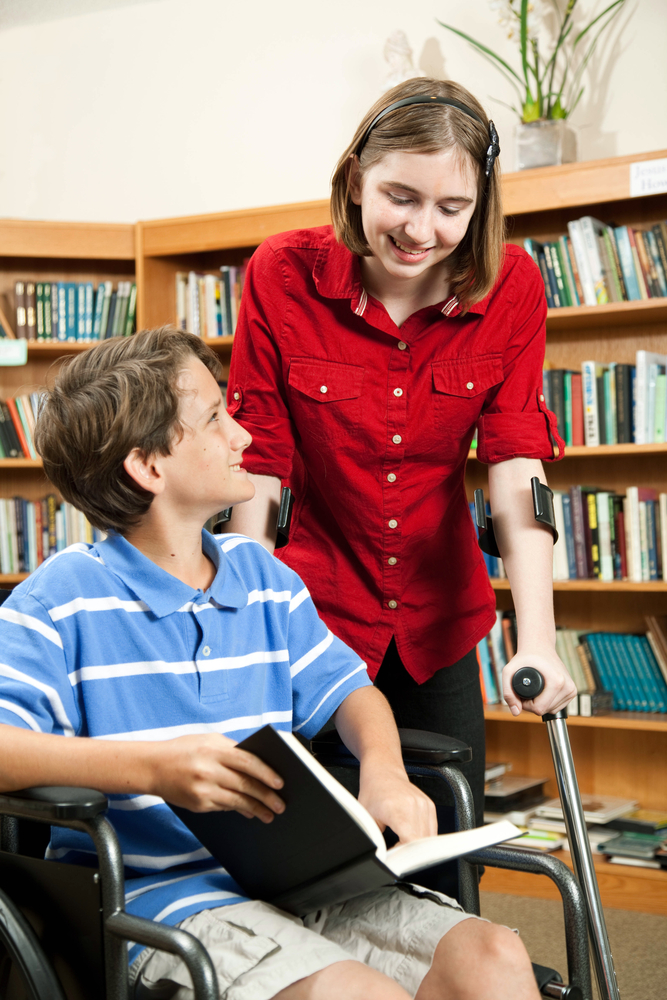Transitional Support
With the growing success of our paediatric practice and the need for transitional support to young adults, we have extended our practice by offering high standard evidence-based, adult neurological physiotherapy and occupational therapy treatments. Our neurological therapists believe that ongoing rehabilitation is essential through the transitional phase as a child grows into an adult. Our evidence-based, hands-on treatment and management plan for individuals with special needs are designed to offer continuity, promote progress and help young adults to be as independent and successful as they aspire to be within the confines of their disability.
Besides treatment, we offer tailored training and support to care staff, advice to college and educational staff on manual handling, positioning, usage of equipment, bespoke training to the staff for use of equipment, manual handling and home-based programme, advice on care plans. We will assess and devise a treatment for hydrotherapy or rebound therapy as appropriate. Our holistic approach is aimed at helping our clients achieve realistic goals irrespective of age or injury. All our services are carried out in the safety and comfort of your home, school or educational set up and are designed to take you through the positive steps of rehabilitation.

Conditions and Treatment
Healing Touch Rehab is an integrated neurological rehabilitation service offering treatment and advice to meet the needs of individuals with physical and sensory processing difficulties. We specialise in treating neurological conditions in children and young adults with acquired injuries, genetic conditions and birth injuries. These include conditions involving both central and peripheral nervous systems. Some commonly treated conditions are:
- Recent strokes less than 6 months
- Long term strokes
- Acquired brain injury
- Spinal cord injury
- Vestibular disorders- dizziness and balance problems
- Cerebral Palsy
- Childhood disabilities
- Birth injuries
- Peripheral neuropathies
- Parkinson’s disease
- Multiple Sclerosis
- Other long term neurological conditions
- Poly trauma and post amputation rehabilitation
Our Treatment Approach
- Treatment to work on balance, coordination, postural awareness and typical movement patterns.
- Work on functional activities helping our clients integrate well at school, college and in the community.
- Work closely with schools and educational institutions to formulate goals centred advice and intervention.
- Treatment strategies to help clients get confident to be able to engage in daily activities like writing, eating, brushing, dressing, driving etc.
- Vocational rehabilitation, helping our clients get back to daily living activities with the use of gym, swimming, sports and other recreational activities.
- Strategically help and advise our clients on plan, structure, routine and train carers/ family on routine activities.
We are instructed by case managers, legal teams, parents, GP and consultants for initial assessment to identify client’s needs, achievable goals, formulate treatment plan, advice on specialist equipment and aid to facilitate ongoing rehabilitation. To instruct Kay and her team, please contact Kay Ganguly, Clinical Director, Consultant Physiotherapist & Expert Witness
Book a treatment home, school or community visit
To make clients feel as comfortable as possible, we offer home visits or arrange treatment at one of our community clinics at William Merritt Centre, Leeds, or a similar centre or location of your choice in your local community across the North West and Yorkshire, or we could arrange to see you at a suitable space within your community.
We appreciate our clients may have mobility restrictions and will always consider how to make consultations and treatments as convenient, time optimised and pain-free as possible. Community-based rehabilitation and integration back into the community is the key to any successful rehabilitation. Besides the benefit of a familiar environment and the discipline of following treatment plans within their own setting , community-based treatment enables the client to stay motivated while involving their family and friends.